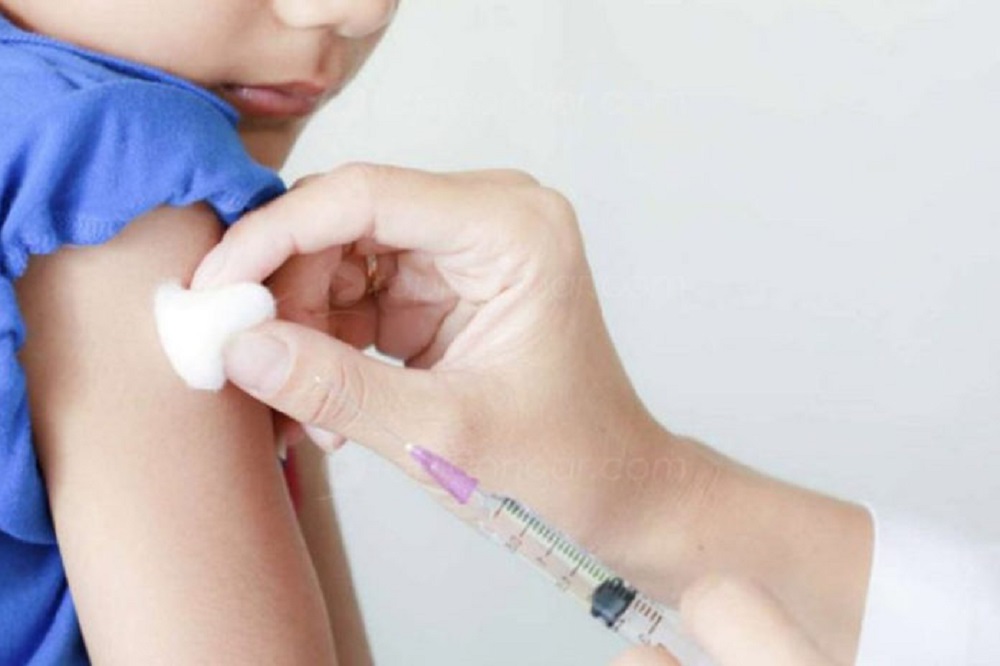RIO DE JANEIRO, BRAZIL – Ten recurring false claims about vaccines were made to over 2,000 respondents in the five regions of Brazil, and the result is of concern to the Brazilian Immunization Society: more than two-thirds (67 percent) said that at least one of the claims was true.

The survey was conducted by the medical society in partnership with the non-governmental organization Avaaz. The questionnaires were conducted by IBOPE between September 19th and 22nd this year.
Among respondents, only 22 percent were able to confirm that the ten statements were false. A further 11 percent did not know or did not answer.
For 24 percent of respondents, “there is a good chance of vaccines causing serious side effects,” when in fact, serious side effects are extremely rare. The second most recurrent false statement was “there is a good chance that vaccines cause the disease they claim to prevent,” with a 20 percent concurrence – one in every five respondents.
Although pregnant women have a specific vaccination schedule set by the Ministry of Health, 19 percent of respondents agreed with the false statement that “pregnant women cannot be vaccinated”.
The president of the Brazilian Society of Immunizations, Juarez Cunha, draws attention to the fact that even absurd statements garnered the concurrence of a considerable number of respondents.
For 14 percent, it is true to say that “the government uses vaccines as a method of forced sterilization of the poor,” and 12 percent said that “contracting the disease is actually more effective protection than being vaccinated against it”.
Thirteen percent of respondents admitted that they had stopped immunizing themselves or a child under their care.
The reasons behind this include lack of planning (38 percent) and difficult access to vaccination posts (20 percent), but also fear of suffering serious side effects (24 percent), fear of contracting the disease through the vaccine (18 percent), and warnings and news on the Internet (nine percent). Each respondent mentioned up to three reasons.
“Apparently, people are getting a lot of inadequate data, and this inadequate data has been circulating more and more frequently. Surely, this is yet another reason that has affected our vaccination coverage,” says Cunha.

